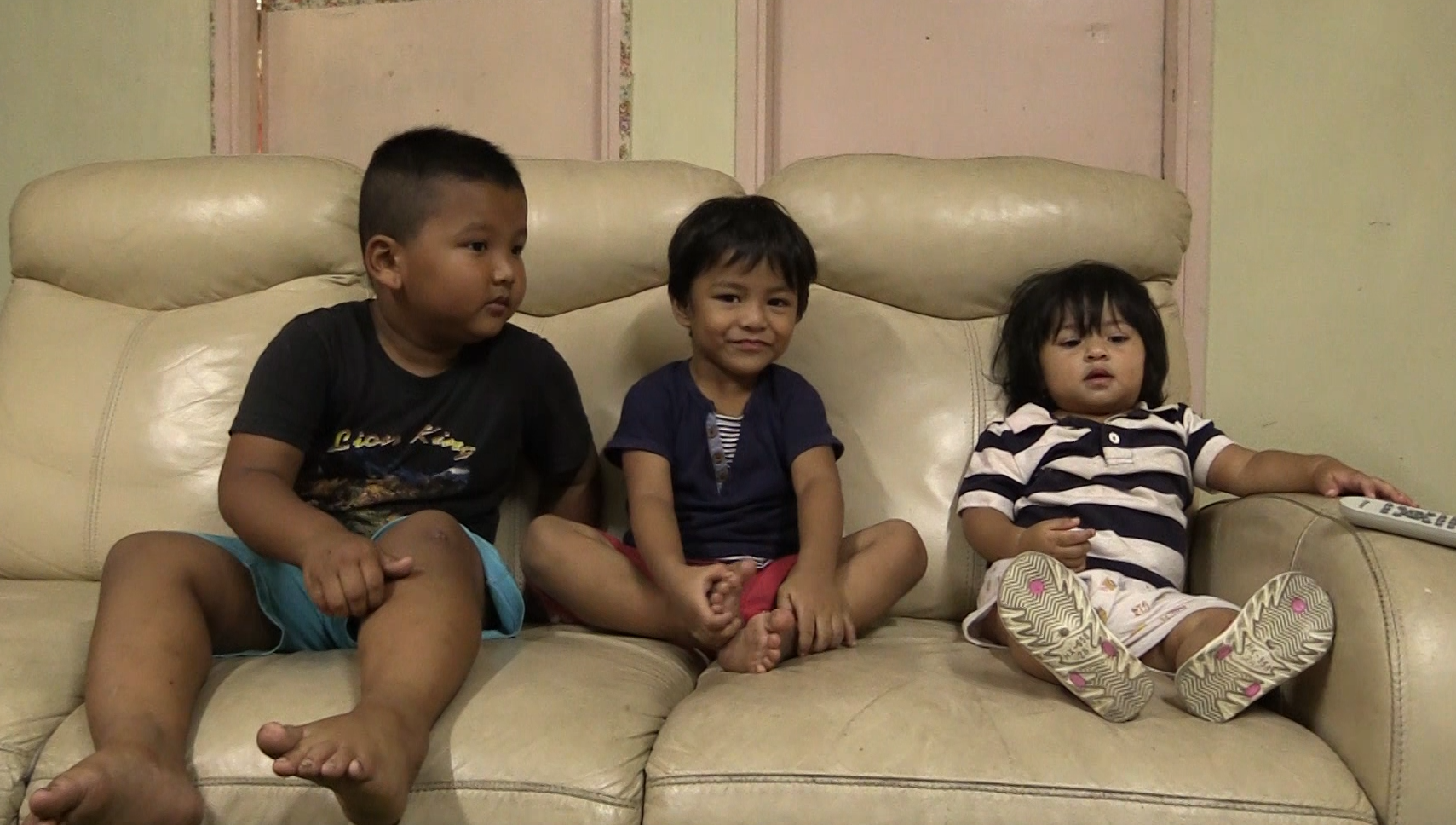The children of refugees and asylum-seekers face difficulties in getting local schooling.
Editors: Kanis Leung, Sherry Tsui
Reporters: Achlys Xi, Kelly Wong, Teenie Ho
Anuj Gurung was born in Hong Kong and the 7-year-old has just started school. He is the son of an asylum-seeker without a birth certificate. But, he could have started school last year if his mother Puspa Gurung had requested special approval from the Immigration Department and Education Bureau when he was five, a year before children are supposed to start school.
Anuj’s mother fled to Hong Kong from Nepal 10 years ago, but she does not speak Chinese or English and had no idea how to apply for a school for Anuj. This also meant Anuj’s 4-year-old sister started kindergarten later.
Varsity asked the Security Bureau for the number of asylum-seekers and refugee children currently in Hong Kong, but did not receive an answer before publication. The last official published figures are from 2006, when there were 68 such children, 22 of whom could attend school. However, non-governmental organisations estimate there are around 500 refugee and asylum-seeker children currently in Hong Kong.
As the Hong Kong government signed the United Nations Convention on the Rights of the Child in 1994, these children should be entitled to receive an education regardless of their birthplace. Yet they have to struggle to exercise the right.
Gurung had sought help from the International Social Service (ISS), the only government approved agency serving refugees and asylum-seekers, but the group directed her to other departments. It said education services are not in their scope of work.
Eventually, Gurung turned to the Hong Kong Society for Asylum-seekers and Refugees. The group sent a letter to the Education Bureau, and after that Anuj was offered a place at Delia Memorial School.
The government will subsidise tuition and book fees, but the family will have to pay for transportation and uniforms. As the law forbids asylum-seekers and refugees from working, it is difficult for the single-parent family to find the money. The monthly cost of getting to and from school is HK$268, but the family’s monthly transportation subsidy from the ISS is HK$330.
Labour Party Legislator Fernando Cheung Chiu-hung suggests the government allocate resources to different NGOs so they can provide more specific and better services to refugees and asylum-seekers.
Dr. Isabella Ng Fung-sheung, an Assistant Professor at the Hong Kong Institute of Education, who is a partner of the Hong Kong Society for Asylum-seekers and Refugees, says the government should view refugee children as future assets who are valuable to Hong Kong, instead of a burden, when coming up with the relevant policies.










































